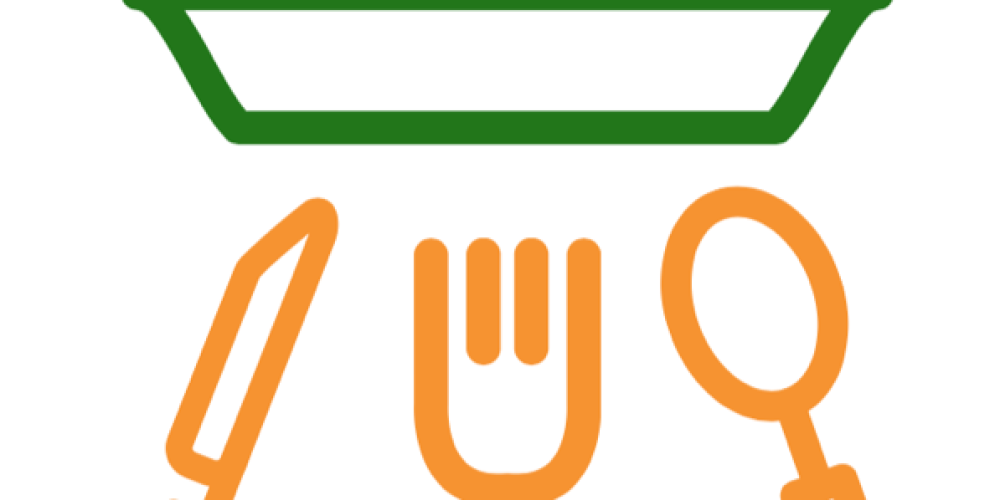March 14th is International School Meals Day and the organizers of this global event have asked children to consider “Who makes my meal?” It’s an excellent question for adults as well. Many of us, across a variety of institutions and organizations, are working to ensure that schools are capable of serving nutritious, delicious, affordable and safe foods to children throughout the year.
U.S. soybean farmers view the answer to this puzzle as a three-legged stool, with each leg dependent upon the other two. The first leg of the stool is policy makers and government officials who work to adopt policies and fund school meals that are built on sound science for nutritional requirements, food safety and more.
The second leg of the stool is non-governmental organizations (NGOs) that often work to build capacity and provide nutrition education to both children and their parents. An example of these two legs working together is the U.S. Department of Agriculture’s McGovern-Dole International Food for Education and Child Nutrition Program, which currently has 35 active programs working together with the United Nations World Food Program and NGOs like the American Soybean Association’s World Initiative for Soy in Human Health (ASA/WISHH). One of the goals of the McGovern-Dole program is to ensure that gains made under the program are maintained and that children continue to receive quality meals long after the projects have ended.
A sustainable school meals program also requires the third leg of the stool—enterprises that manufacture nutritious, safe and affordable foods. U.S. soybean farmers are part of this value chain. Soybeans, and other soy foods, help fill the protein gap in many developing country diets. The inclusion of many soy products in local foods does not change their taste so protein can be added to meet the needs of children to help them grow and learn without having to convince them to change their diets.
WISHH is pleased to have strategic partnerships with many businesses in emerging markets that are processing U.S. soy into foods that meet growing protein needs. These companies see their role in school and other institutional meals programs as vital to their country’s growth as well as a significant opportunity for their companies.
“To be in the food industry and to be in the nutrition industry is a great business opportunity,” says Soteria Aba Yedua Ntim-Adu of Yedent Agro Group in Ghana who joined WISHH for a 2018 U.S.-based training. “I have great pride in the fact that I’m a nutritionist and I’m a food scientist, and this work falls directly in line with my passion.”
By connecting trade and development, ASA/WISHH helps lay the foundation for healthy school meals. By connecting all three legs of the stool through partnerships with governments, NGOs, developing country enterprises and U.S. soybean farmers, ASA/WISHH plays a role in developing, implementing and sustaining school meals programs globally. The answer to “Who makes my meal?” may be hundreds of people working together from all across the world!
Liz Hare is the Executive Director of ASA/WISHH. As a trailblazer for trade, WISHH grows markets for U.S. soy farmers, while working to improve lives and economic opportunities in developing countries.

